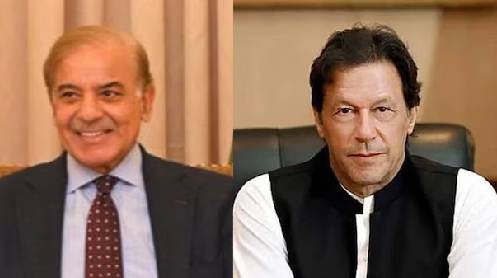ISLAMABAD: The Shehbaz Sharif-led government appears poised to adopt a similar approach to the Imran Khan administration in its dealings with Independent Power Producers (IPPs). This strategy includes reducing the Rate on Equity for public sector power plants, shutting down five Gencos to achieve a cost relief of up to Rs 4 per unit, and renegotiating existing contracts from a “take or pay” to a “take and pay” mechanism, according to well-placed sources.
However, unlike previous efforts, this time the focus on addressing undue gains or profits by the IPPs is reportedly being driven from Rawalpindi, with the government collaborating with select private experts to finalize recommendations. Key team members have gathered extensive data on the IPPs, including physical inspections, plant photographs, and shareholder details. Senior officials from PPIB, CPPA-G, and NEPRA are also involved in scrutinizing the collected documents.
Despite the government’s renewed push, some experts who supported renegotiations under the Khan administration are reluctant to engage, citing concerns that repeated “witch-hunting” of the same IPPs could deter potential investors in future privatization projects.
During the Khan administration, negotiations with IPPs, led with support from the ISI, resulted in a modest reduction of 48 paisa per unit in tariffs. However, the administration faced challenges in renegotiating with Chinese IPPs and U.S. wind power projects under the International Finance Corporation (IFC), due to their refusal to revise terms.
Sources indicate that the Shehbaz government’s task force, led by Power Minister Awais Leghari, is holding secret meetings to explore further cost-cutting measures, including the termination of PPAs for inefficient Gencos and the implementation of the Competitive Trading Bilateral Market (CTBM) model.
Despite these efforts, the actual benefit to consumers from these potential savings has yet to be determined, as the government continues to navigate complex negotiations with various stakeholders.
Story by Mushtaq Ghumman






